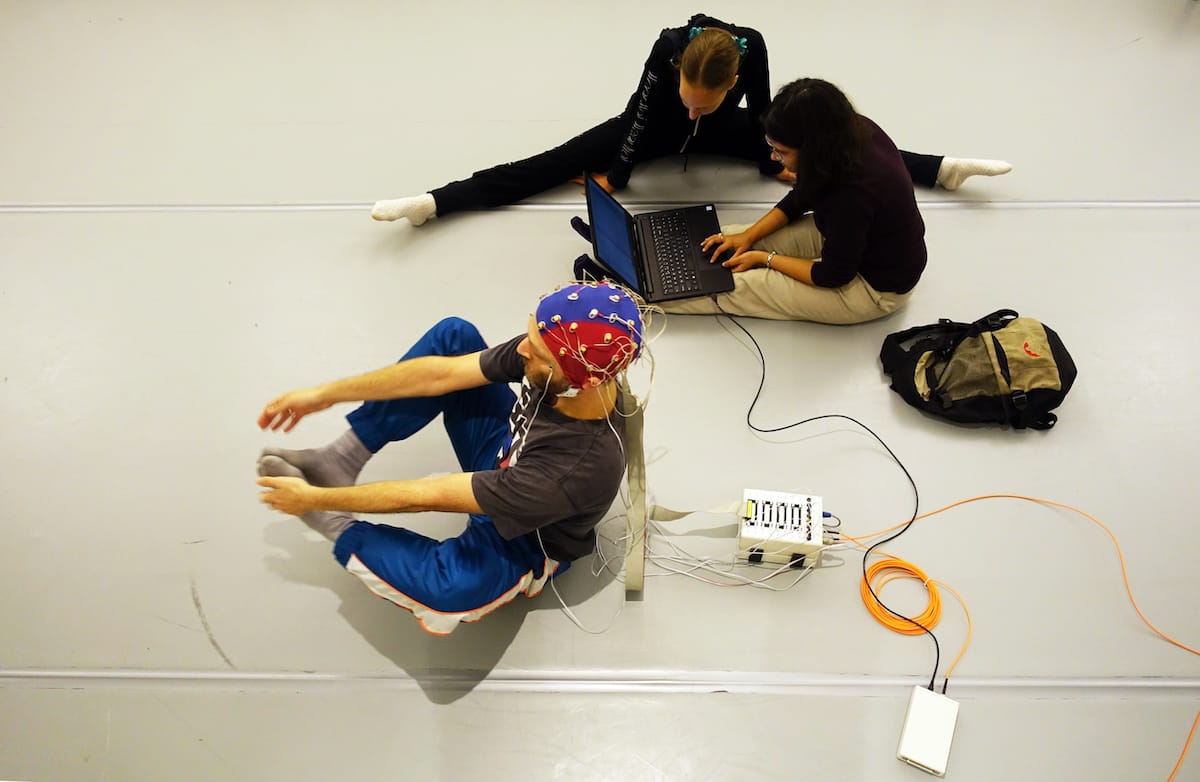A text inspired by Notes on Synchrony, a collaborative project between dancers and neuroscientists in which art and science merge. Notes on Synchrony will be on in the Groningen Grand Theatre as part of the Moving Futures festival on the 16th and 17th of March. Which of the following words do you associate with art, and […]
To reduce the impacts of climate change, we need global cooperation. By using an analogy to ants, Research Master student Vladimir Bojarskich argues that individuals can influence people at large – and that, therefore, individuals can drive the collective to mitigate climate change.
Science is the driving force behind what we consider reliable knowledge, and it usually works like this: a scientist has a theory, formulates a hypothesis that derives from this theory, designs a study to test that hypothesis, and, in the end, draws a conclusion regarding whether the initial theory was supported by that study—either through […]
We, two Research Master students, went to Bolivia to support the project of Drs. Nina Hansen and Judith Daniels. We interviewed 100 women about the effect of trauma on female empowerment. We carried home a rich data set and stories that cannot be easily expressed in figures.
Childhood maltreatment can have long-term consequences on psychological functions. People with a history of childhood maltreatment are more likely to be victimized in adulthood. In this blog post, I will explain why it is important to understand what risk factors link childhood maltreatment and adult re-victimization.
What’s the difference between a Buzzfeed quizlet and a proper intelligence test? Doctoral candidate Lieke Voncken explains.
Does a clinical science traineeship add value to a research master on clinical neuropsychology? Yes! We can learn a lot from patients about the daily life consequences of brain disorders.
It’s almost here: the day that is supposed to be the most depressive one of the year. Blue Monday is of course commercial nonsense, but it’s true that January can be a rather dark and somewhat gloomy month. While for most people any dull day is quickly replaced by brighter days, for some people all […]
“Ah… da da da da da da … oh doe doe doe doe… eeh aah oeh” … Which adult hasn’t said something similar, while talking with a baby? When people interact with babies, they tend to imitate babies’ vocalizations, and mimic their behavior in general (see first video, below). Furthermore, also babies imitate people that […]
A mysterious illness, called “Resignation Syndrome,” is affecting children of refugee families in Sweden. Due to its psychological and political uniqueness, Resignation Syndrome has caused some proper attention during the last years.










